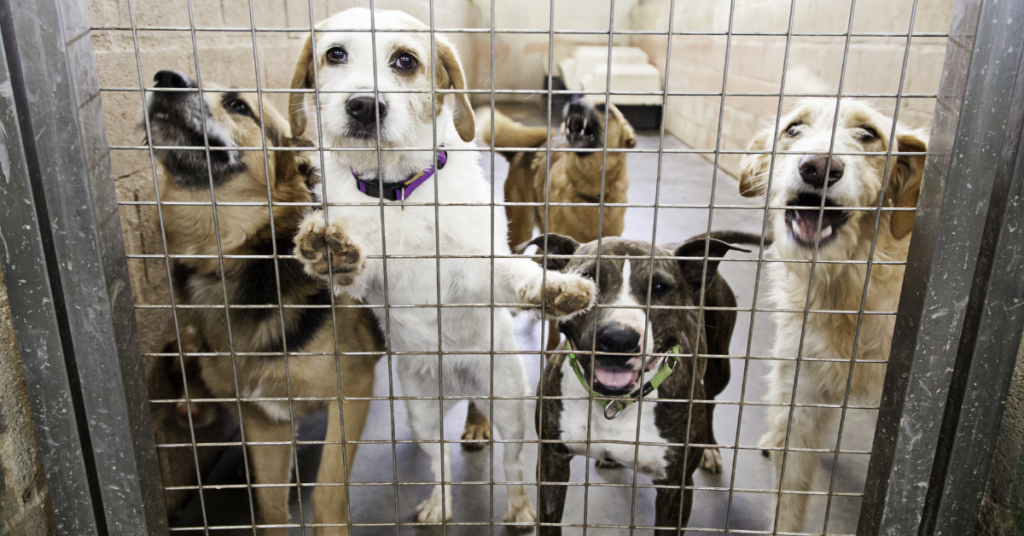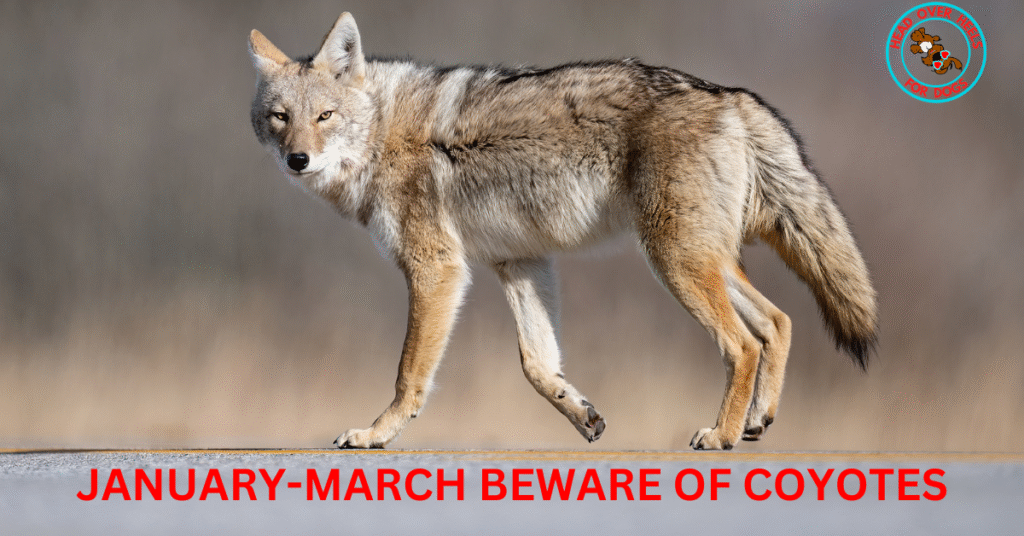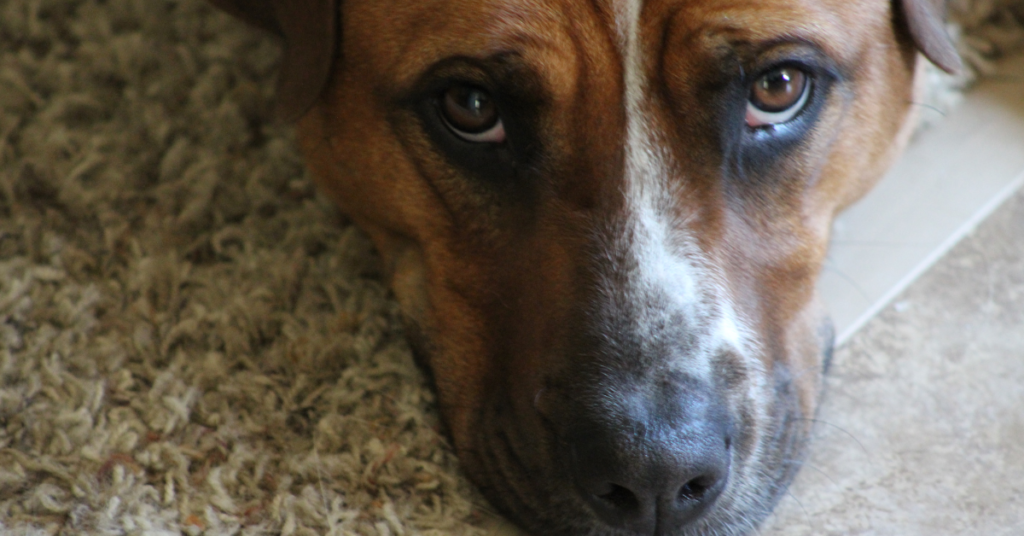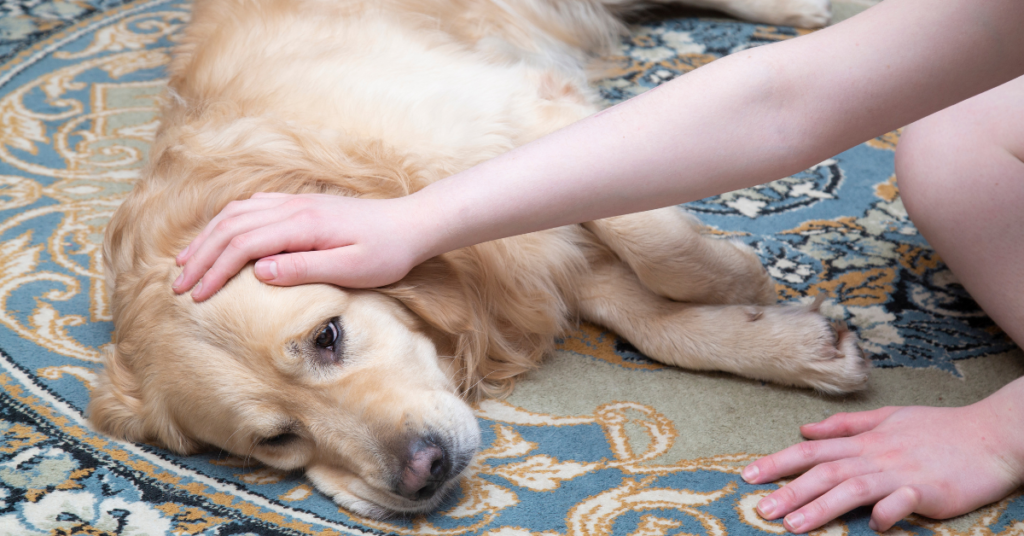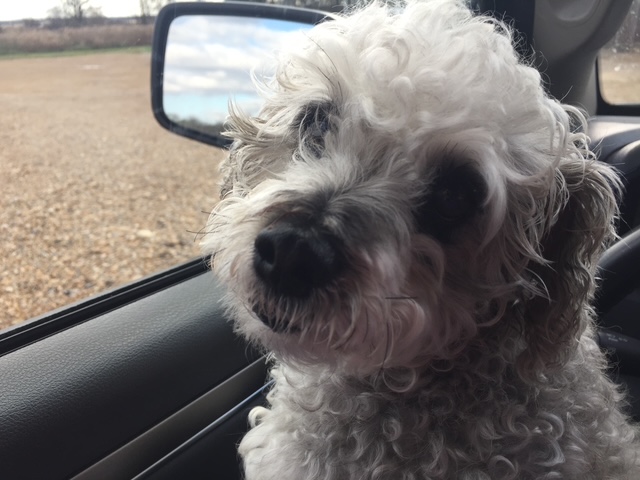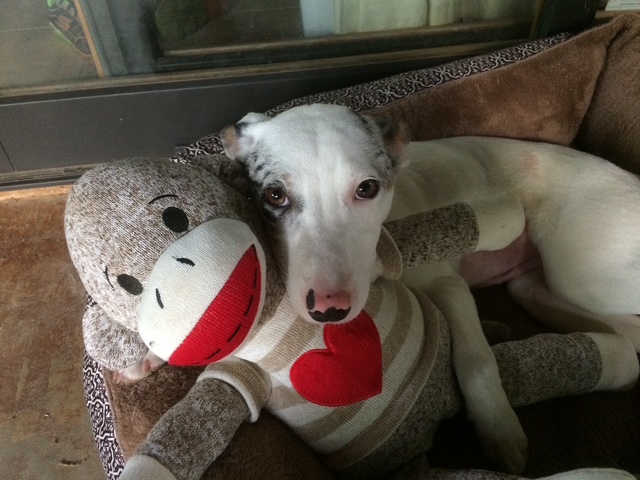Kennel Cough, also known as Canine Infectious Respiratory Disease Complex (CIRDC), is a highly contagious and widespread respiratory infection in dogs.
This guide delves into the causes, symptoms, treatment, and prevention strategies, arming you with the knowledge to protect your furry friend from this common disease.
*Disclaimer: This Post May Contain Affiliate Links. This Means That I Receive A Small Commission At No Extra Cost To You Should You Click Through And Make A Purchase. Learn More On My Policy Page
What Exactly Is Kennel Cough?
Kennel Cough refers to a group of infections, both viral and bacterial, that impact a dog’s upper respiratory system.
The name “kennel cough” comes from the fact that this illness frequently occurs in places where many dogs are kept together, such as kennels, dog shows, shelters, and daycares.
The condition is comparable to the common cold in humans, and the hallmark symptom is a persistent, dry cough.
It can affect any dog, regardless of age or breed, although certain factors may increase a dog’s risk of developing it.
Dogs typically contract the infection by inhaling airborne droplets or coming into contact with contaminated surfaces or infected animals.
7 Causes of Kennel Cough
It is caused by either viral or bacterial agents.
The most common culprits include:
- Bordetella bronchiseptica: A highly contagious bacterium that is one of the primary causes of kennel cough. Dogs infected with Bordetella often have weakened immune defenses, making them more susceptible to other viruses.
- Canine Parainfluenza Virus (CPiV): A prevalent viral cause of kennel cough that contributes to Canine Infectious Respiratory Disease Complex (CIRDC). CPiV is not as severe on its own, but when combined with Bordetella or other pathogens, it can exacerbate symptoms.
- Canine Adenovirus Type 2 (CAV-2): This virus primarily affects a dog’s respiratory system, leading to cold-like symptoms. It is another major contributor, often working alongside other bacteria or viruses to cause severe respiratory infections.
- Canine Distemper Virus (CDV): Although distemper is more commonly associated with more severe diseases, it can also contribute to respiratory infections and kennel cough.
- Mycoplasma: This bacteria can lead to more severe respiratory symptoms, especially when combined with viral agents. It often worsens the overall condition of a dog suffering from kennel cough.
- Canine Respiratory Coronavirus: This is distinct from the coronavirus that causes COVID-19 in humans, but it plays a role in exacerbating respiratory infections in dogs, including kennel cough.
- Environmental Factors: Poor ventilation, cold air, dust, and high levels of stress can increase a dog’s susceptibility to developing kennel cough. Stress in particular weakens the immune system, making it easier for infections to take hold.
How Does Kennel Cough Spread?
It spreads easily in environments where many dogs come into close contact with each other. The primary modes of transmission are:
- Direct Contact: Dogs can pass the infection to one another through physical interactions like playing, sniffing, or grooming.
- Aerosolized Droplets: When an infected dog coughs or sneezes, respiratory droplets containing the virus or bacteria are released into the air, where they can be inhaled by other dogs.
- Contaminated Surfaces: Shared items like food bowls, water dishes, and toys can also spread the infection if an infected dog touches them.
High-risk environments include:
- Kennels and Boarding Facilities
- Dog Parks
- Grooming Facilities
- Veterinary Clinics
- Doggy Daycare Centers
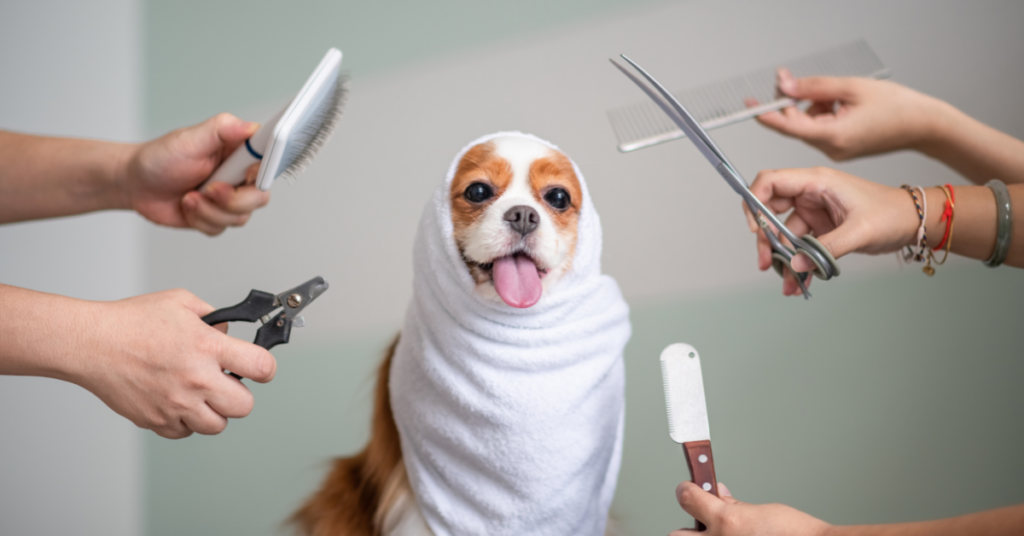
These locations often have numerous dogs in close proximity, increasing the chances of exposure to kennel cough.
What Are the Symptoms of Kennel Cough?
The classic sign is a dry, hacking cough that often sounds like a honking noise. Other symptoms can include:
- Runny nose
- Sneezing
- Eye discharge
- Mild fever
- Loss of appetite
- Lethargy

Symptoms can range from mild to severe, depending on the dog’s overall health, age, and immune system.
Healthy adult dogs often recover without complications, while puppies, senior dogs, or dogs with weakened immune systems may develop secondary infections like pneumonia.
Which Dogs Are Most at Risk for Kennel Cough?
Any dog can develop kennel cough, but certain factors increase a dog’s risk of contracting the disease:
- Puppies and Senior Dogs: Puppies have developing immune systems, and senior dogs may have weakened ones, making both more susceptible to infections.
- Dogs in High-Density Areas: Environments with large numbers of dogs, such as shelters, kennels, and daycare centers, heighten the chances of exposure.
- Unvaccinated Dogs: Dogs that haven’t been vaccinated against Bordetella and other pathogens responsible for kennel cough are more likely to contract the infection.
How Can Kennel Cough Be Treated?
Most cases of kennel cough are mild and resolve on their own within 1 to 3 weeks. However, there are treatments available to alleviate symptoms and prevent complications. Some common treatments include:
- Cough Suppressants: Medications that can help reduce the frequency and severity of coughing, making the dog more comfortable.
- Antibiotics: Prescribed if there’s a bacterial component (like Bordetella) or to prevent secondary bacterial infections.
- Anti-Inflammatory Medications: To reduce irritation in the throat and respiratory tract.
- Rest and Hydration: Ensuring that the dog gets plenty of rest and fluids is essential for recovery.
In severe cases, such as when secondary infections like pneumonia develop, more intensive care and hospitalization may be necessary.
Can Kennel Cough Be Prevented?
Prevention is the best strategy for keeping your dog safe.
The following measures can help reduce your dog’s risk:
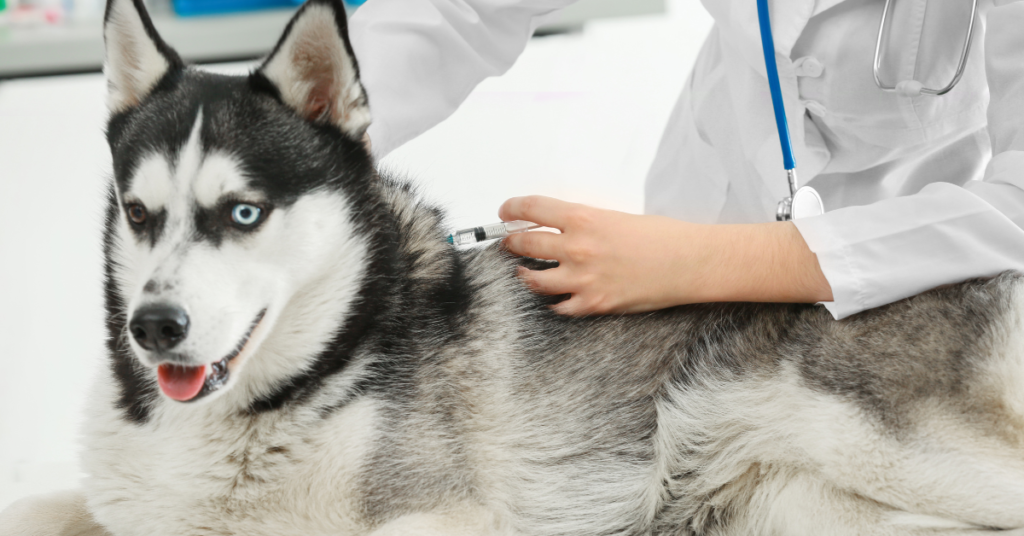
- Vaccination: The Bordetella vaccine is often part of routine vaccinations and is highly recommended for dogs that spend time in kennels or daycare. This vaccine doesn’t guarantee full protection but significantly reduces the severity and duration of symptoms if a dog contracts kennel cough.
- Limit Exposure: Avoid places with a large concentration of dogs, especially if you know an outbreak is ongoing. Boarding facilities often require vaccination before admission for this reason.
- Good Hygiene: Regularly clean and disinfect your dog’s belongings, including food bowls, water dishes, and toys, particularly after visiting high-risk areas.
- Boost Immune Health: A balanced diet, regular exercise, and routine veterinary check-ups help maintain your dog’s immune system, making it more resilient to infections.
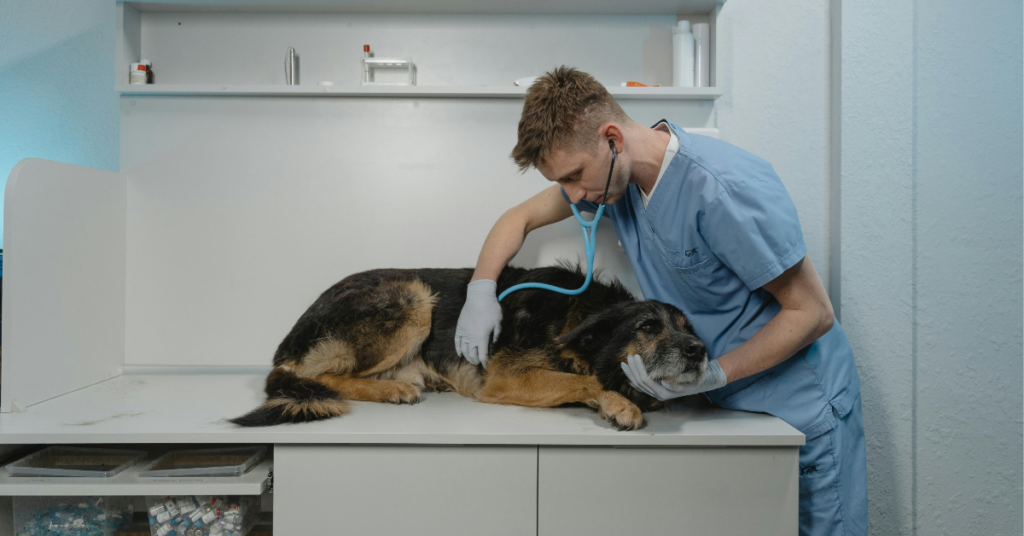
Is Kennel Cough Dangerous for Dogs?
In most cases, kennel cough is mild and self-limiting, meaning it will resolve on its own with supportive care.
However, complications can arise, particularly in:
- Puppies
- Senior dogs
- Dogs with compromised immune systems or pre-existing conditions
In these dogs, kennel cough can lead to more serious conditions like pneumonia, which may require more aggressive treatment.
If symptoms worsen or persist beyond two weeks, it’s essential to consult your veterinarian.
Consult Your Vet
Kennel cough is a common and highly contagious condition, but it is manageable with proper care and preventive measures.
If your dog starts showing signs, don’t hesitate to consult your vet for diagnosis and treatment.
Early intervention ensures your dog recovers quickly and comfortably, reducing the risk of complications.
For more information about kennel cough check out this article on the AKC’s website.

